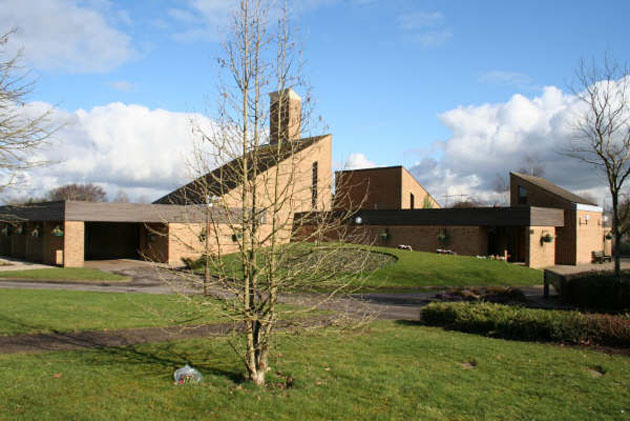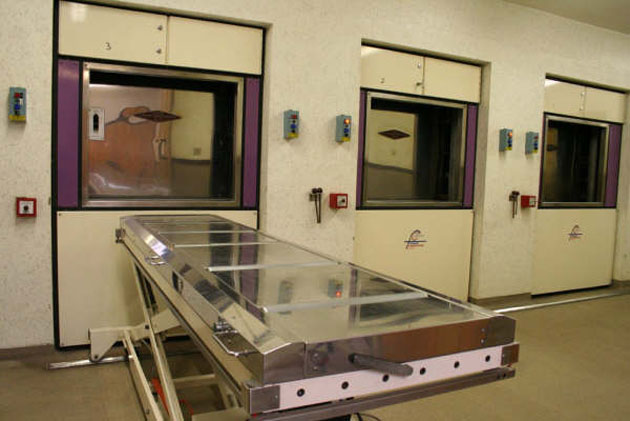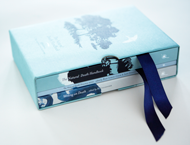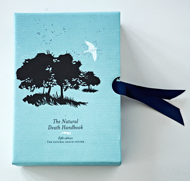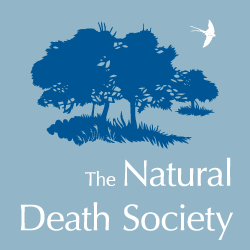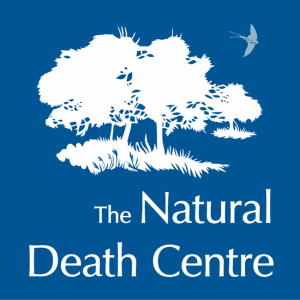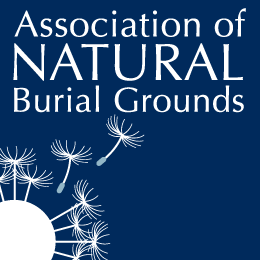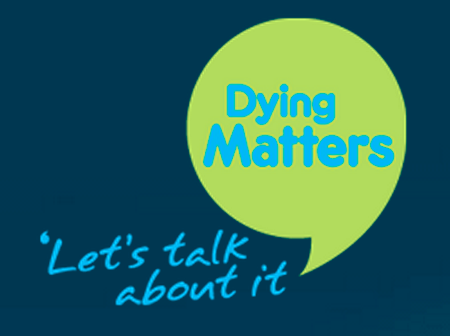Cremation
People often assume that cremation is the greener option, that in choosing it over burial they are keeping valuable land free from unnecessary use. Cremation might solve the problem of 'what do we do with the body' by reducing it to a small container of 'cremated remains' - or ground up bone, to be precise, but it is definitely not a green choice. One cremation uses as much energy in the form of gas and electricity as a 500 mile car trip, and releases a staggering 400 kilos of carbon dioxide into the atmosphere, not to mention mercury vapour and other pollutants. In the UK in 2013, over three quarters of funerals end in a cremation. With a death rate of around half a million people every year, this means around 375,000 cremations are taking place annually, potentially releasing some 150,000 tons of carbon dioxide into the air above us. Because of this, crematoria have had to comply with increasingly strict legislation on their emissions, and have added sophisticated but expensive filters. Coupled with the instability of international oil prices, the requirement for abatement has seen the cost of cremation recently soar and the trend looks likely to continue. In some parts of the country, for example, the crematorium fee for a single cremation is over £800. Cremation is not the final thingMany people find the fact that they have a subsequent decision to make after a cremation quite difficult - the finality of the funeral service gives way to the problem of what should be done with the products of cremation. Around the country almost every funeral director will have the mortal remains of a number of people shut away in their 'Ashes Cupboard' - people whose families have been unable or unwilling to decide what should be done with their 'ashes'. In living rooms, garages and wardrobes throughout the land, the 'cremains' of thousands of people sit waiting to be finally disposed of, perhaps awaiting the death of their surviving partner before they will be buried or scattered together. We have created a separate website called CRIB the Cremated Remains Information Bureau to help those who are at a loss regarding what to do with ashes. This is a 'No Sales, just Suggestions' website www.crib-ndc.org. High price, poor value?Despite the high cost, the experience of a funeral held at a crematorium can often feel lacking in many ways, perhaps through time restriction and a feeling of being part of a busy 'production line', or the hidden uncertainty of what exactly happens to the coffin after the curtains close.
With so many cremations being carried out daily around the country, inevitably the time available for each family to have a ceremony is limited, often to just half an hour, and it is not unknown in busier crematoria with two chapels for there to be four or five different assemblies of mourners all present at the same time, those who have just left the chapels looking at the 'floral tributes', the current two sets of mourners in the chapels having their 20 minutes of ceremony, and early arrivals for the next two 'slots' waiting outside. As a nation, we seem to have simply accepted that this is how it is, but if we were to step back and think about it, surely we deserve better when it comes to the ritual and impact of a funeral ceremony? The rise of Direct CremationIn recent years we have seen a surge in interest in the option of direct cremations - companies around the country now offer this as an alternative that separates the disposal of the body from the ceremony to honour the life that has ended. Funeral directors and specialist companies offering direct cremation can often provide the service for far less money than a 'traditional' funeral, sometimes half the cost, utilising early morning bookings at crematoria and inclduing the collection of the body, minimal coffin and no additional frills or services. The 'ashes' are then returned to the family to do with as they wish. If you want details of a company that can offer you direct cremation, please contact us and we will put you in touch with someone who can talk through the pro's and cons with you. It is not for everyone, but increasingly people are thinking more seriously about the value of funerals and how to do things better.
|
|
The New Natural Death Handbook fifth edition is out now, this book is a must read for everyone. Completely revised and expanded into a boxed set of three books... Read more Credit to Will Whipple (photographer) ______________ Links and Resources
|
Home | Contact us | Log in | Donate ![]()
Registered Charity
Number. 1091396
Helpline: 01962 712 690
Normal call rates apply

